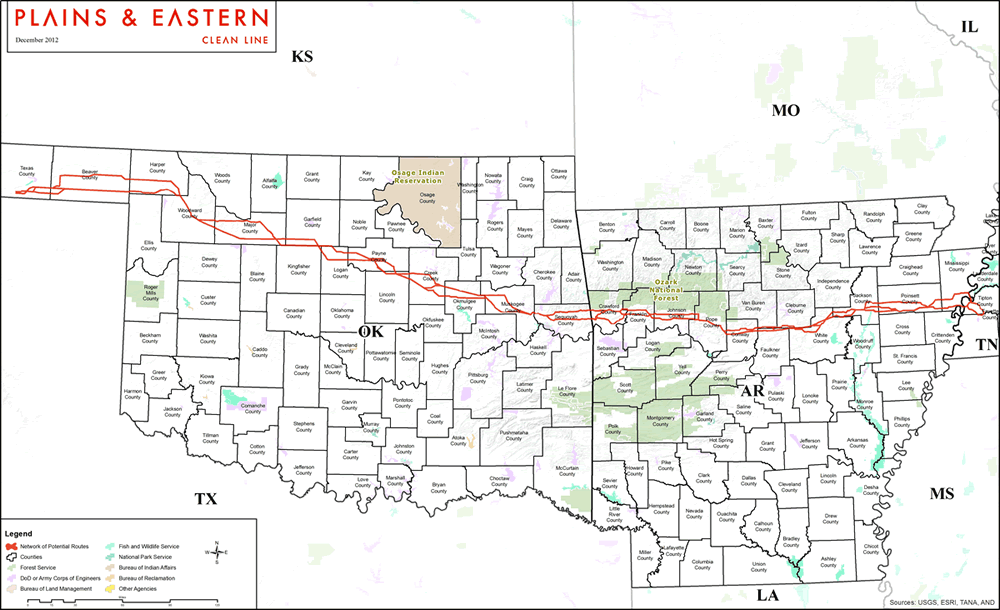DOE and SWPA sued in Federal Court
August 16th, 2016
YES!!! On to federal court!!! I love it when this happens! Downwind and Golden Bridge have sued the Department of Energy (DOE) and Southwestern Power Administration (SWPA)! Here’s a copy of the Complaint, give it a read:
Downwind, LLC & GoldenBridge LLC-v-DOE & SWPA – Case 3:16-cv-00207
Here’s the bottom line, what they’re asking for:
It’s focused on the DOE and Clean Line’s most vulnerable issues, those of improper potential use of eminent domain for private purpose and private company, and, as David Ulery says:
“Landowners were never offered an appropriate avenue for due process during the DOE’s review of Clean Line’s application,” he said. “An opportunity to comment is not the same as an opportunity to directly participate in the matter in an official capacity. Review is meaningless if those most affected are not given ample and significant opportunity to engage on a meaningful and substantive level.”
Clean Line and the DOE were asked, demanded, expected, to provide due process, and nope, nada, not the most basic opportunities to participate. Seems they’ve never heard of due process — how dare they! From June, 2015, here are multiple filings demanding due process:
BLOCK Plains & Eastern Clean Line docket filings
Here’s the first of articles to appear about the federal suit:
Opponents sue to block Clean Line project
By John LyonArkansas News Bureaujlyon@arkansasnews.com
Womack’s bill cleared the House Natural Resources Committee in June.





Leave a Reply